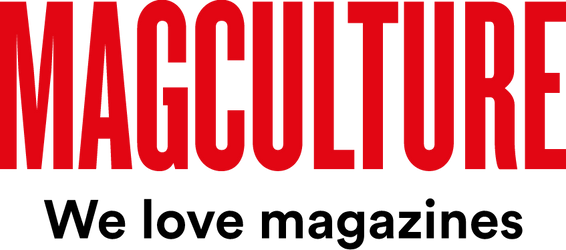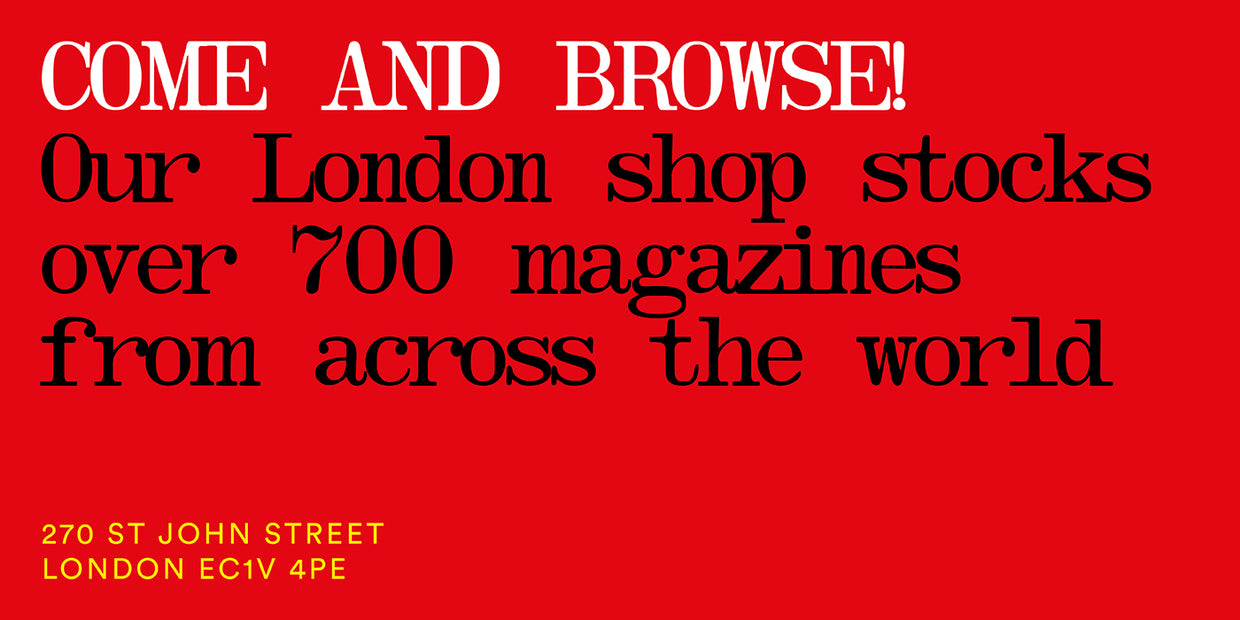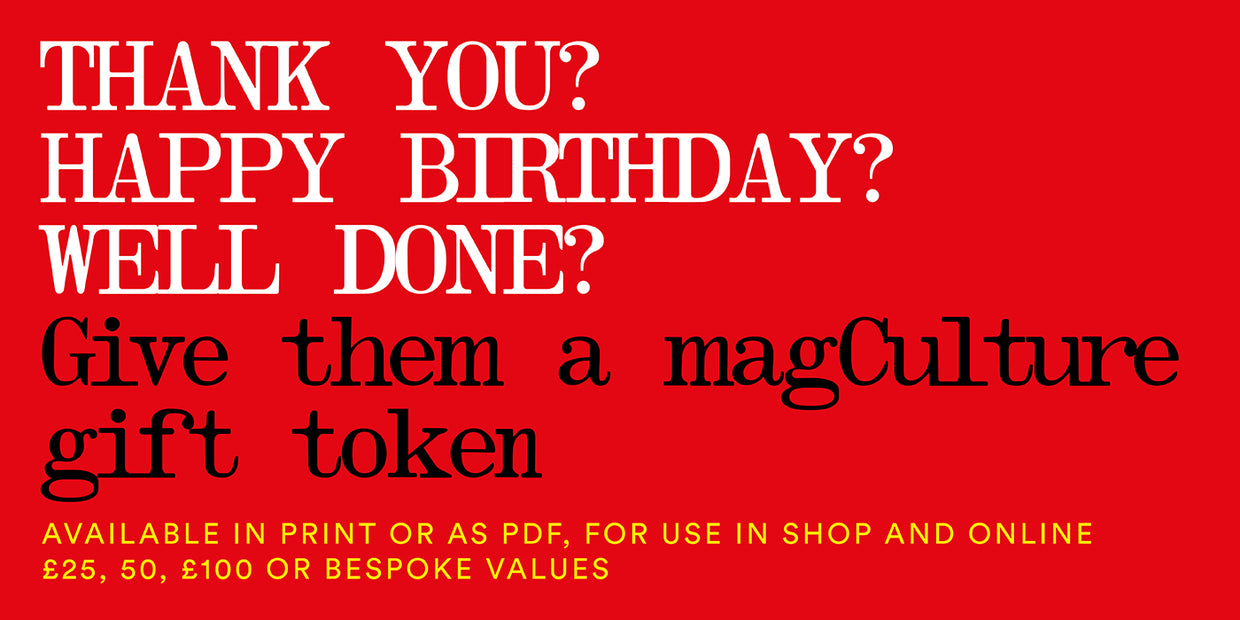
Ben Perkins, Alternative Strategies
We continue our recent focus on music this week, as we meet the founder of music zine Alternative Strategies.
Lured to London from Scunthorpe by the promise of several gigs a week, Ben works in TV, producing Alternative Strategies in his spare time. The zine began as a lockdown mailout, printed on an inkjet (and going through hundreds of pounds of ink) and is now risographed by Pagemasters in south London.
What are you up to this morning?
Happy Halloween to you! Monday mornings usually involve me pottering around my flat, slowly whirring into life before logging into my work laptop and putting the radio on (NTS for Maria Somerville and Flo’s breakfast show; 6 Music for Mary Anne Hobbs in the hope that something gnarly will come on). So yes, day job, redacted redacted, but there’s also a post run for the zine and making sure the website is working for November for when I’m all caught up.

Describe your desk and your work space.
So I live in a studio and as such, everything is a bit compact and I’m a bit aware that it’s increasingly held up by copies of Maximum Rocknoll but hey, it works. My desk at home is this second hand table which hangs out by my window that looks out to the Overground, which trundles along like a living screensaver. Got a lot of stationery in little drawers and, for the time being, a monitor stacked on a big book and a laptop with the usual on there.

If I need to get out of the house, it depends on how much I want to spend on coffee: Browns of Brockley (lovely, very close, will spend nearly a tenner on breakfast); Pelican on the weekend (spacious, excuse to pop to CEX, £1.20 coffee); and there’s a Wetherspoons down the road too but that is not recommended for, you know, real work.

Which magazine do you first remember?
This is one of those questions where people give an early influential number, right? And well, I read the NME from about 2001 (the first issue I remember that I bought had Mike Skinner on it with a massive Rizla) and, even though that indie Heat (not sleaze) era is eye-opening and a little excruciating looking back, it’s that first window into subcultures and scenes and silly music that I appreciate to this day. Pretty sure that I ended up in London because I read that Art Brut played at the Goldsmiths Tavern every week, and what a tale that tells.
And then there’s Plan B, Artrocker, The Wire and then MRR, each of them with their own reason why they stick in my mind – especially where it comes to those periods in time where punk and hardcore found themselves in the spotlight…

Anyway, the real answer to this question is Sonic the Comic.

Which magazine matters to you the most this morning?
I’ve been picking up back issues of Bubbles, a US zine that covers comics and manga in a way that reads both like a punk zine (no coincidence as its editor Bryan Baynes is one, having put out Cool Hiss, a wicked one-sheet zine before and around the pandemic), and with as much care into covering the community that encircles comics—so authors but also publishers, translators, those who scanlated manga back in the nineties before any of it saw an official release—and there’s original strips in there too! Gosh Comics down in Soho has them, which being the greatest comic book store you’d expect it to.

I’ve also been going back to Demystification #3 – another US zine and absolutely top notch. Paula Martinez and Ambrose Nzams are behind the series and again, it’s that combination of covering music coming out of hardcore and DIY music in the US and mixed with art, fashion, internet lore, deep dives into scene minutae (examples: the Air Max 95, the Hooded Mosher), a dating advice page that makes it such a fun read, and then to have it all printed in no-expense-spared glossy full-colour glory in a way that more zines should consider too—find a copy and take their advice on the back cover to heart: MAKE A FANZINE.

Describe Alternative Strategies in three words.
Repetitive, music, evidence!
Is there a new punk scene in London, or is that something you’re trying to inspire?
Always has been, like it’s coming up to half a century and there’s been ebbs and flows, different ways of doing punk in this city even since I started going to gigs in the late 2000s. And like the aim of the zines I make, whether it’s Alternative Strategies, the listings calendar I’ve been printing on and off, or even my first attempts at making cassette magazines (which are bona fide time capsules these days, my goodness) it’s all about signal boosting and being enthusiastic about what’s going on, what’s good and how you can find, make, join in.

As it stands—well, after lockdown it did feel like a shift had occurred and you had this influx of young people getting into hardcore punk and looking for something, anything to do their first pit moves to, which means there have been hundreds of people coming out to events like Concrete Culture, a summer all-dayer held in a skate park in south London. Lovely to see.
And there are bands like Big Joanie, Chubby and the Gang, Sniffany and the Nits —all of whom started in solidly DIY scenes, forming through initiatives such as First Timers (which encourages people to join their first band while also striving to broaden who gets to form a punk band in the first place) or who’ve been in previous bands and putting on gigs for years before getting these underway—who are now getting a wider audience, record deals and you’d assume, more fans coming to gigs too!

Which is great, although what I would hope is that as a result more people listen, go to shows and look up where to see more, pick up an instrument or a pen, and get stuck in? As much as it can be cringe seeing how the music press picks up on anything underground, I have to give a little credit to magazine profiles of bands like Fucked Up, whose gigs in 2007 are a reason why I’m here in the first place.
I do worry about how the current crises—the cost of living, the continuing effects of the pandemic, London councils’ hostility to seemingly any venue that isn’t also a property investment—are going to affect all underground scenes in the months ahead, but that also in a way makes me want to shout out the positives a little more—and work out how to make things sustainable, safe and non-prohibitive, even if it does feel the walls are closing in a bit.
But hey, plenty’s still about, so if your interest is piqued: go to New River Studios, the New Cross Inn or the Avalon Café; go see No Home, Findom, adults, Skitter and Powerplant.
Alternative Strategies has a strong vein of the original punk zines running through it. What is it about that era that appeals to you?
More than anything, that sense that people were excitedly writing down what was going on almost in real-time, in an unfiltered way and working out how to get a zine printed, written, distributed, all that. Even if a lot of it can be inconsequential or down-right cringeworthy at times, there’s still a lot of gold in the archive.
I saw that the Internet Archive has uploaded nearly every copy of Maximum Rocknroll, and that more than any other is surely the blueprint of what a punk almanac was to look like—columns, reviews, quick interviews and deep dives, scene reviews and photography and a little bit of goss in there too. (And the adverts, at least until the internet took away the need for a listing of 800 7”s on a page—love that in computer mags too!)
As you might guess too from looking at Alternative Strategies I enjoy my fair share of Letraset and the old ways of putting a layout together, but I have to confess it’s all InDesign; while I’ve been buying up sheets on eBay, forty year old dry transfer is not holding up. And mimeographs as well—which may be a reason why I’ve always gravitated towards risograph, with Alternative Strategies and the listings both printed by the wizards at PageMasters.
Who reads your zine?
Judging by where copies have ended up—obviously, ‘the London punk newsletter’ means a lot of local sales and I take them to every gig and zine fair I can stick my head in, as well as getting it in places such as Books Peckham, Tome Records and other places that make sense—but it’s been a pleasant surprise to see them get picked up further afield too.

Share one story that sums up the magazine.
Possibly a bit surprising but I loved Heather McIntosh’s article about going around Thamesmead in the spring issue. Something that should happen more is punk people writing about the world around them, seeing how their city is changing and think critically about their place in the wider community—and also appreciate what’s there and what had been.
And while I know that assuming that people who are inspired by punk and/or DIY are automatically enthused with radical politics or organising in a liberatory fashion, it is something I want to encourage and make more prominent as we drift further into chaos.
What do you think about contemporary music magazines?
In a state of flux, surely—it is a relief to see Kerrang! back in Tesco, at least. Considering Alternative Strategies is a zine, I’d naturally be in favour of more of those and that is what you’re seeing, and those (along with mags that gleefully cover their niche and their community) should be protected at all costs.
What one piece of advice would you offer somebody wanting to launch their own publication?
Yes, you should.
What are you most looking forward to this coming week?
Getting prepared for a gig I’m co-promoting with Dulwich Hamlet football club (Leather.head, Joy-Rides and Gross Misconduct, Friday 18 November, pop down), going to see the peerless Special Interest on Friday and otherwise catching up on some sleep…


